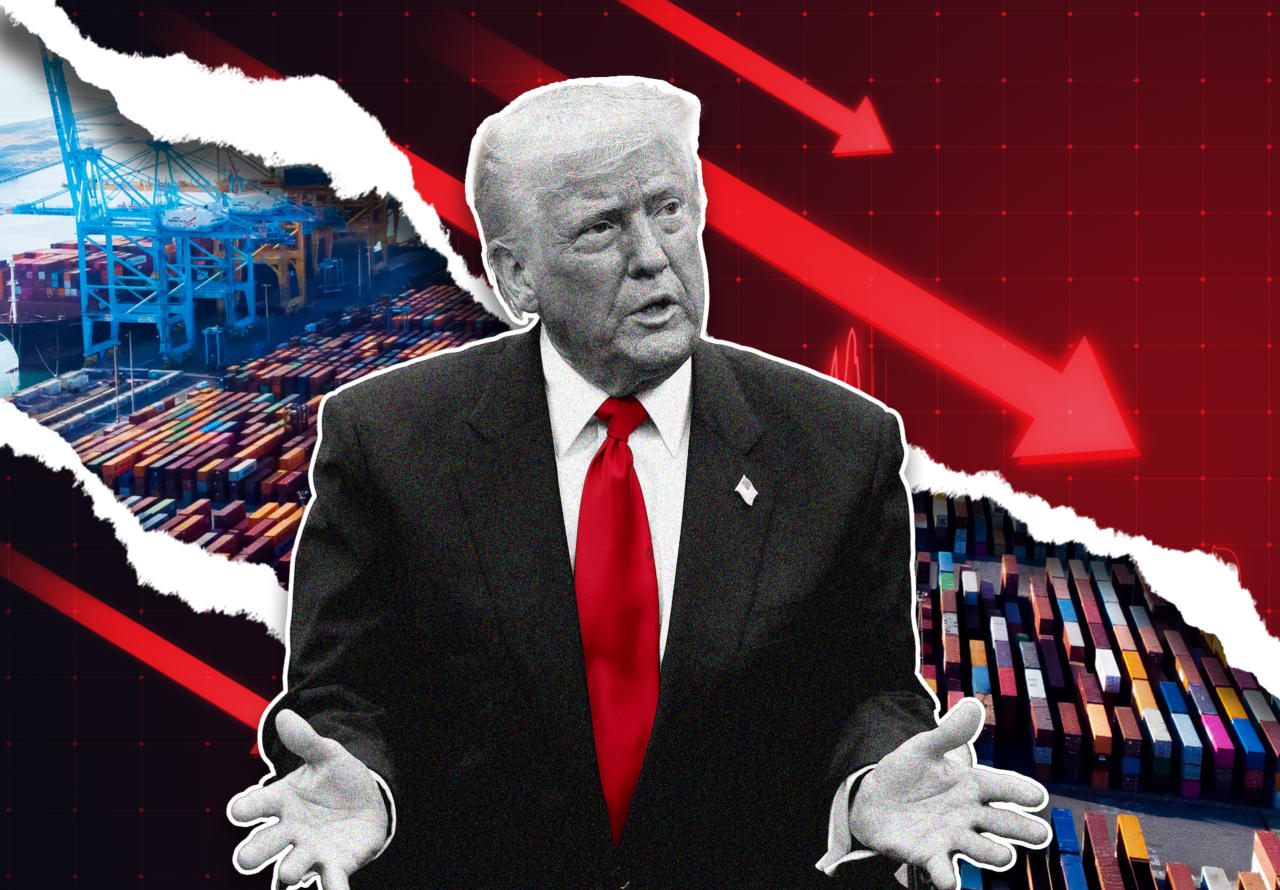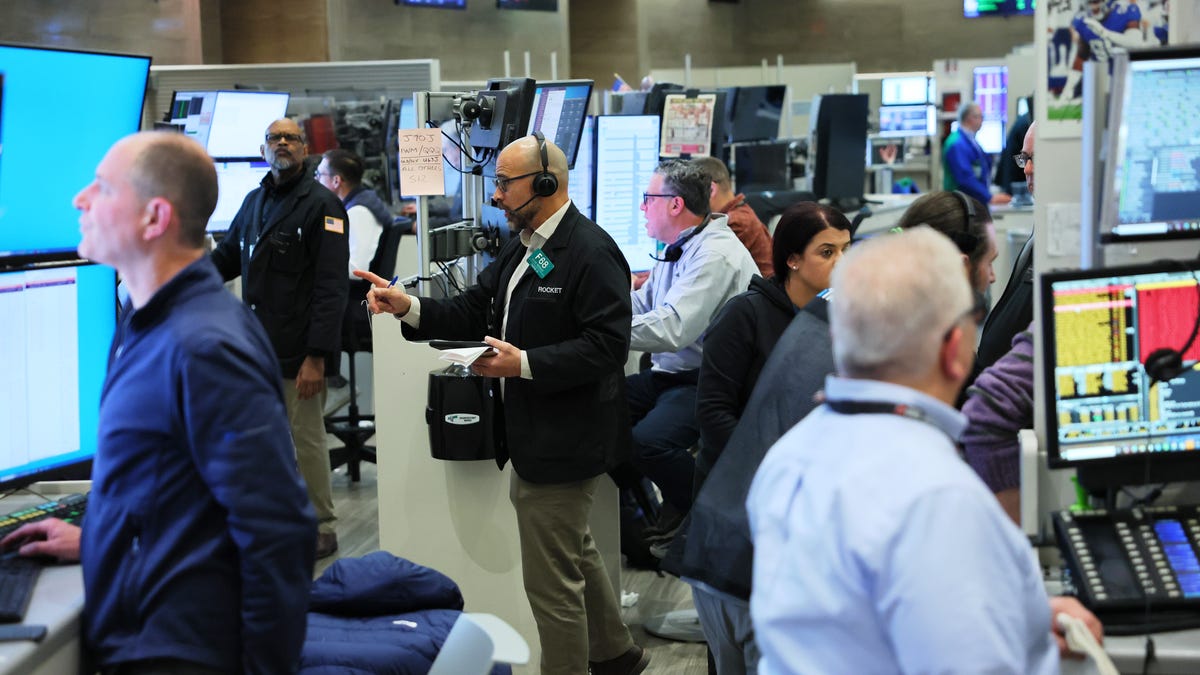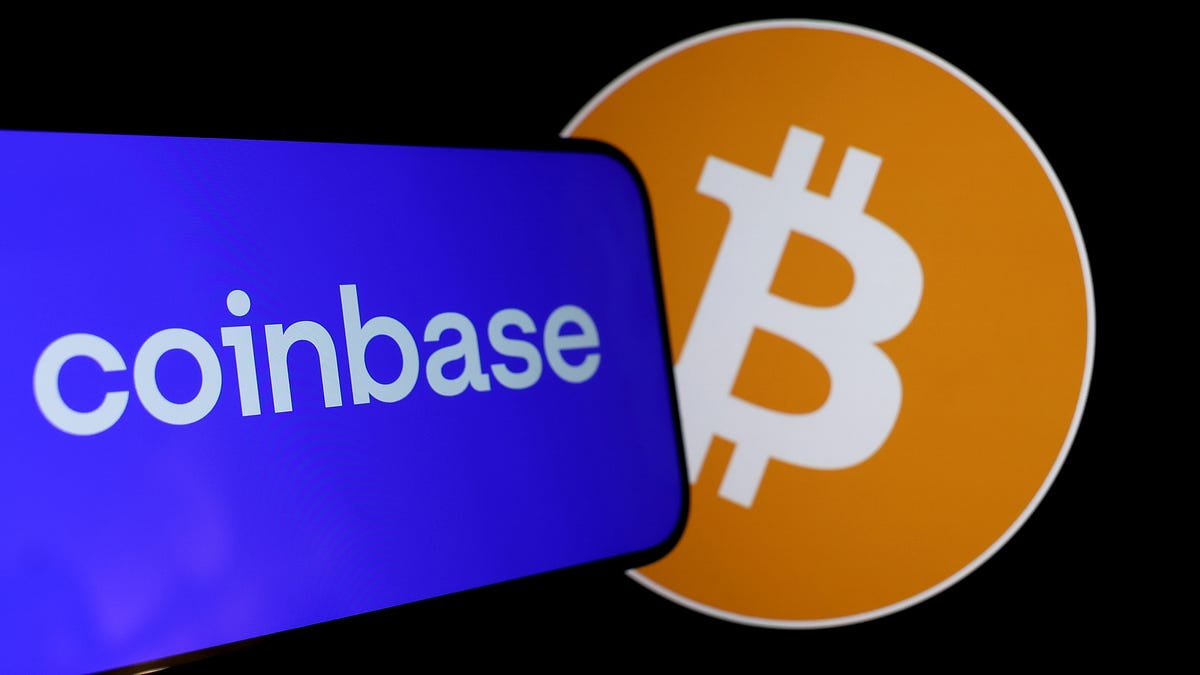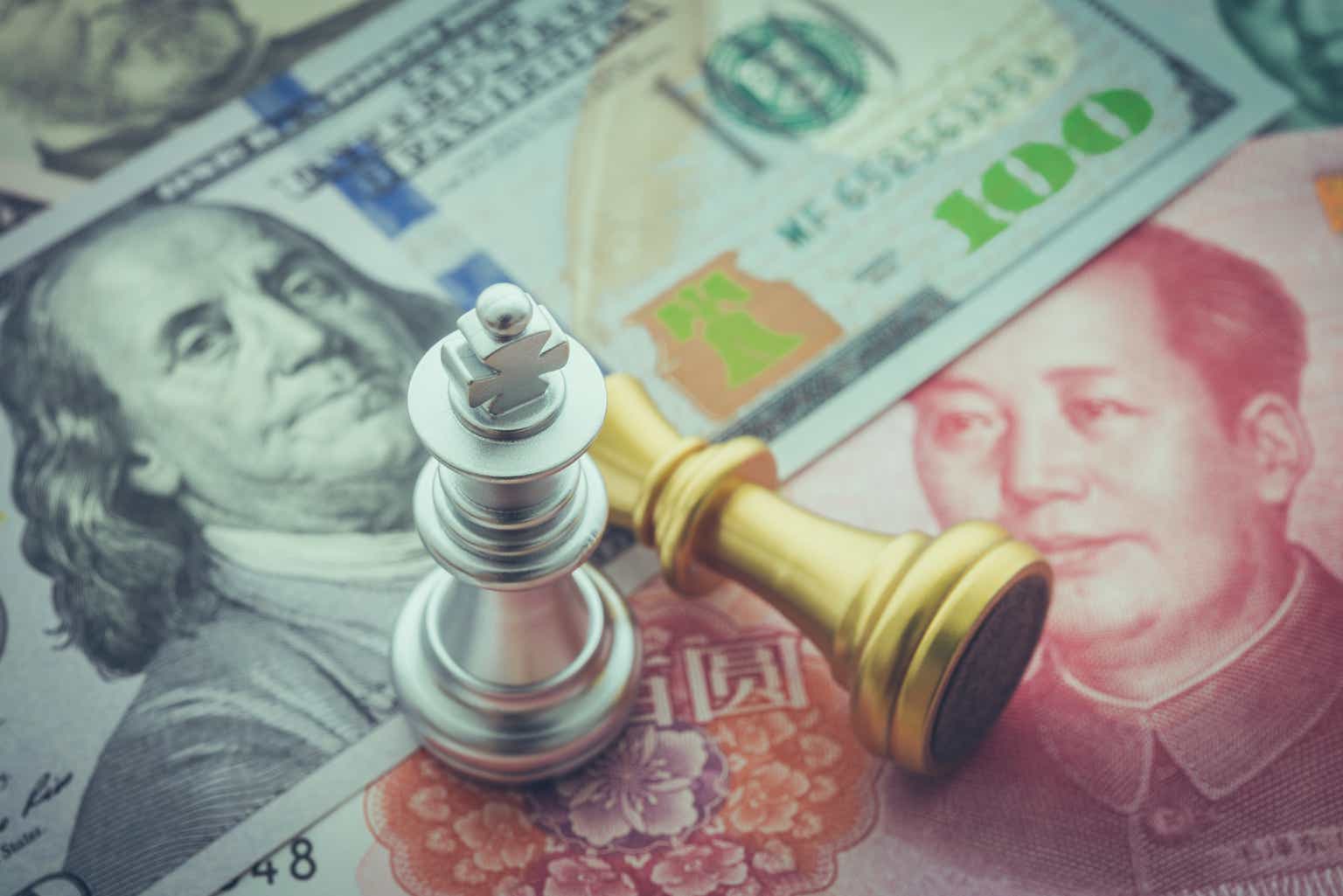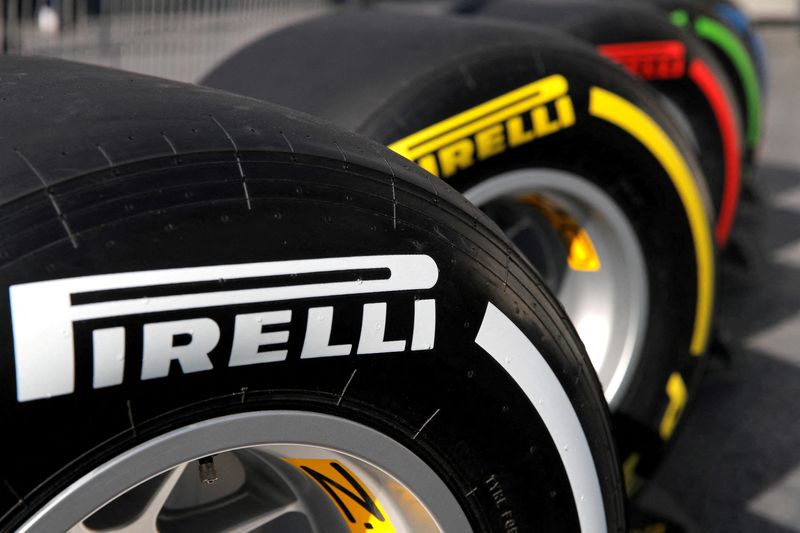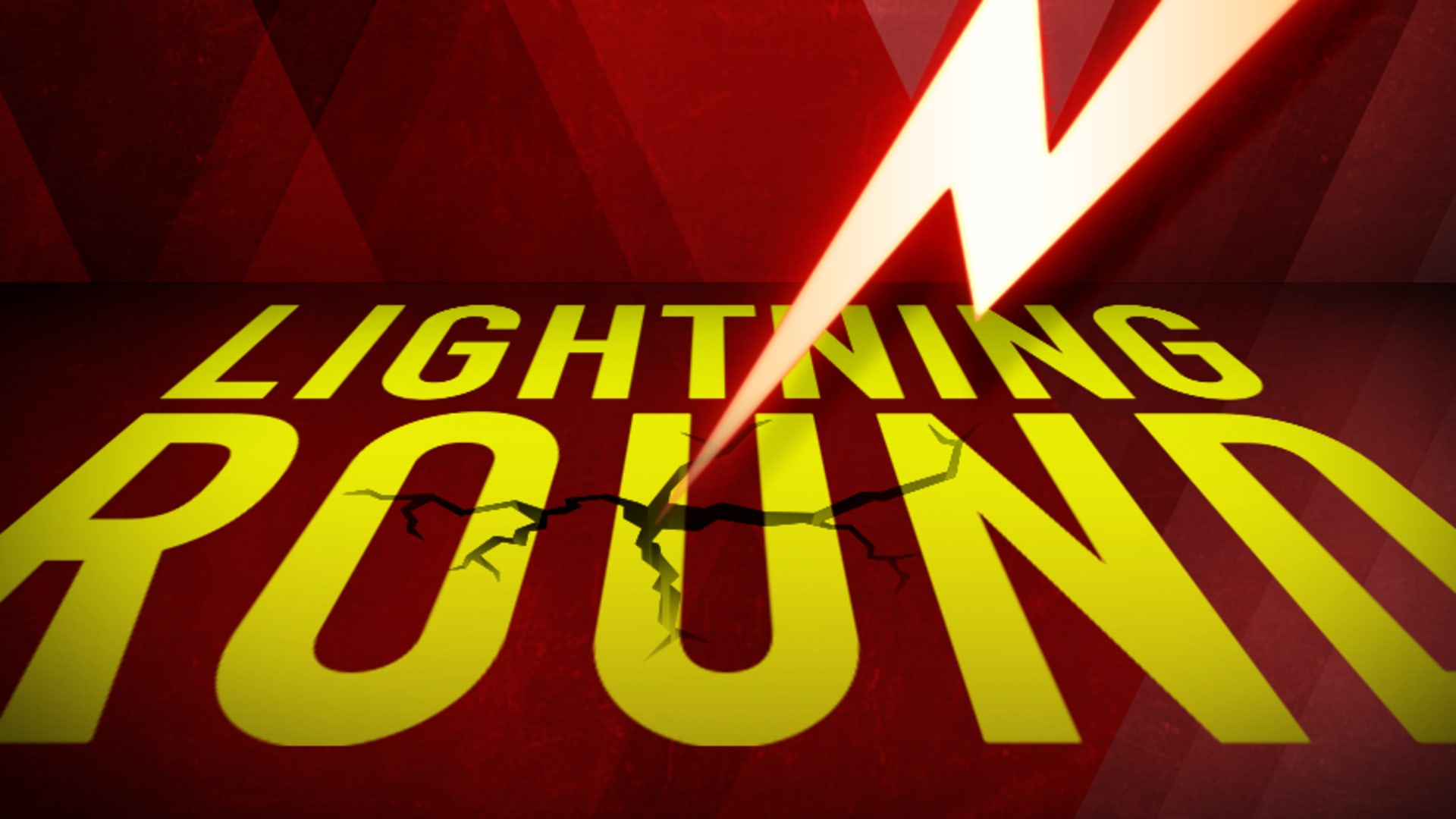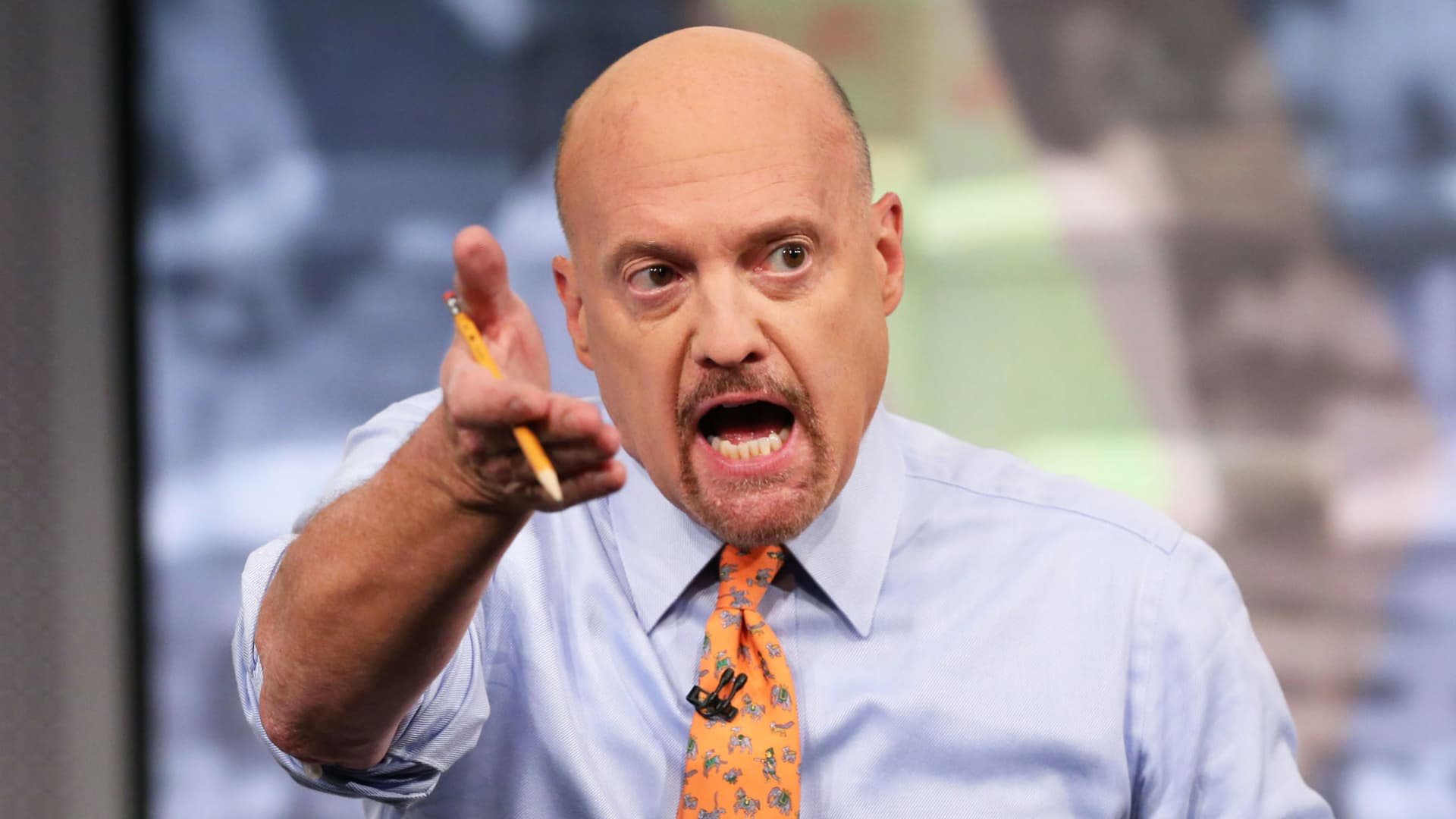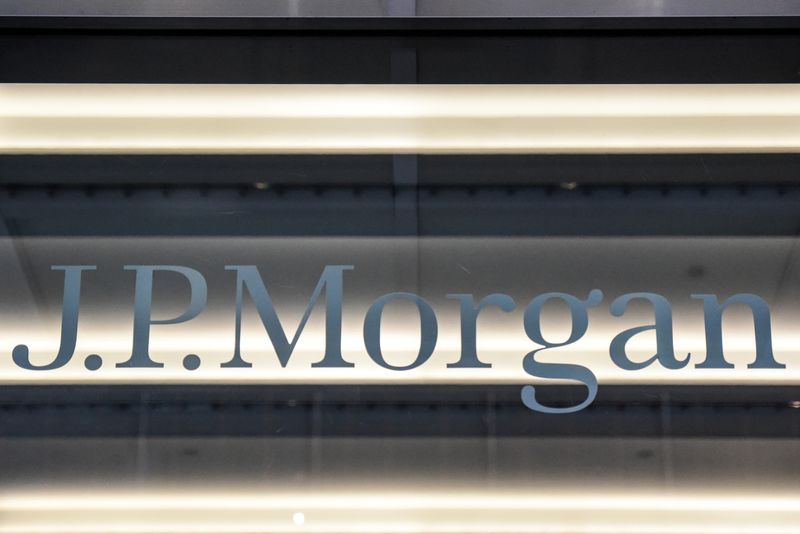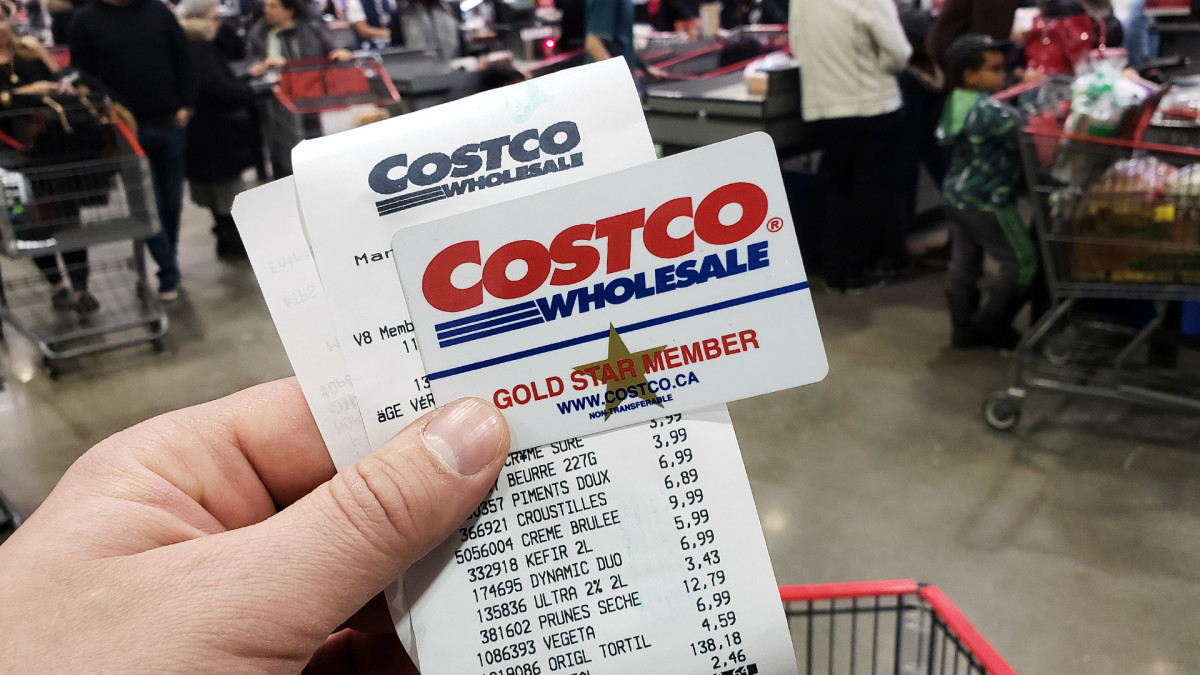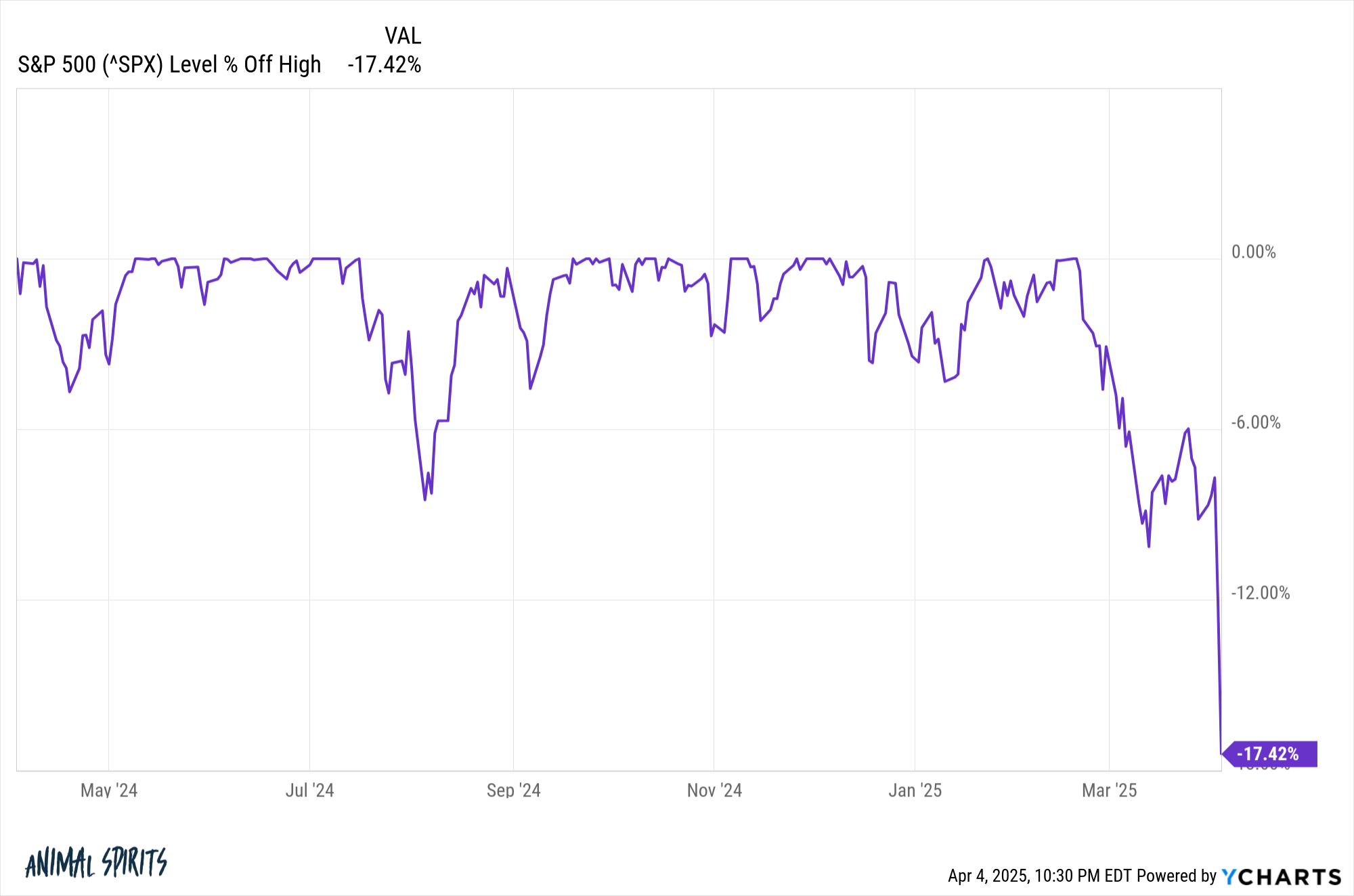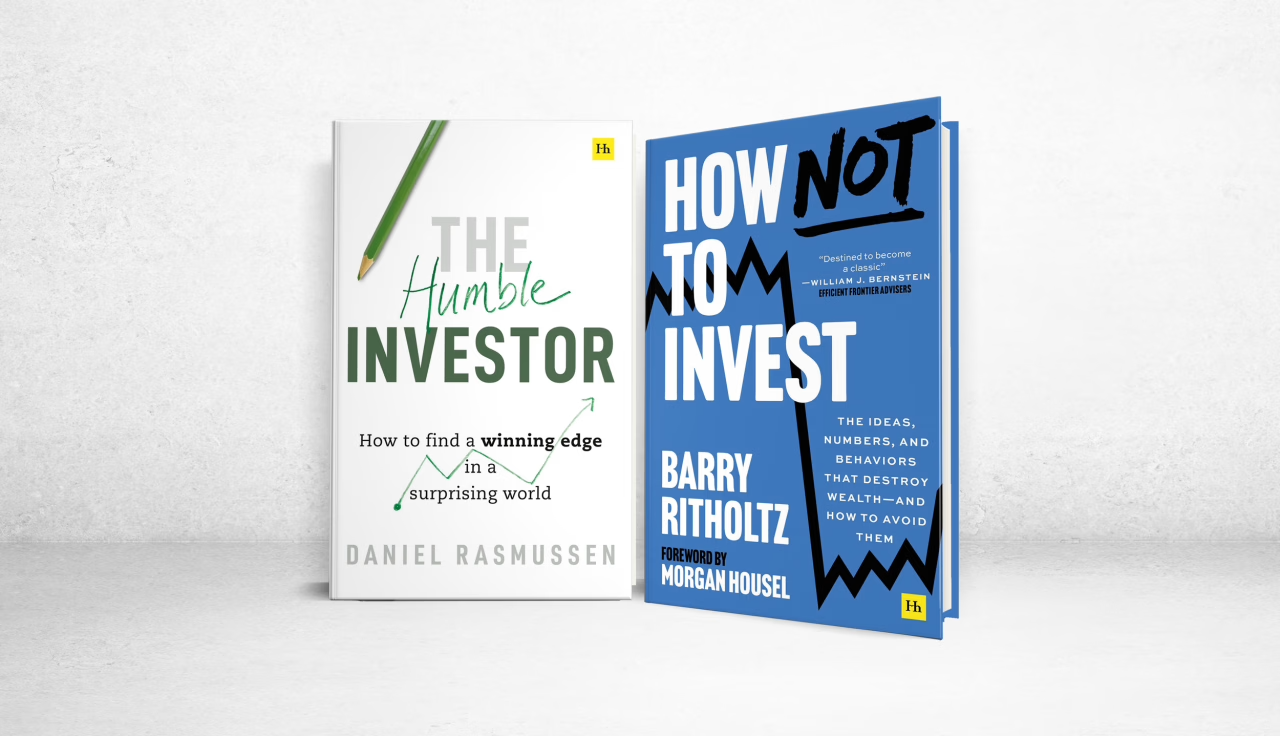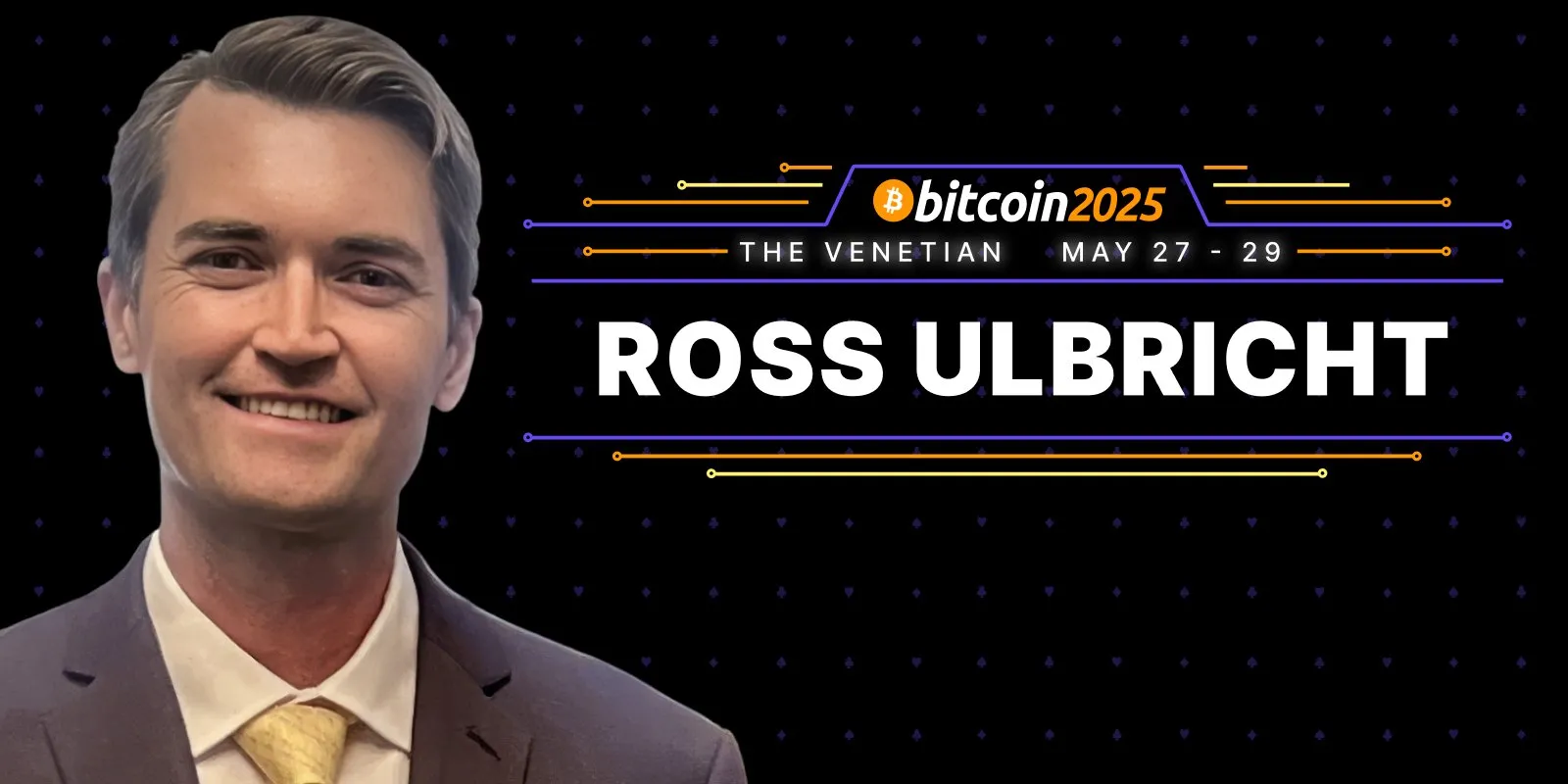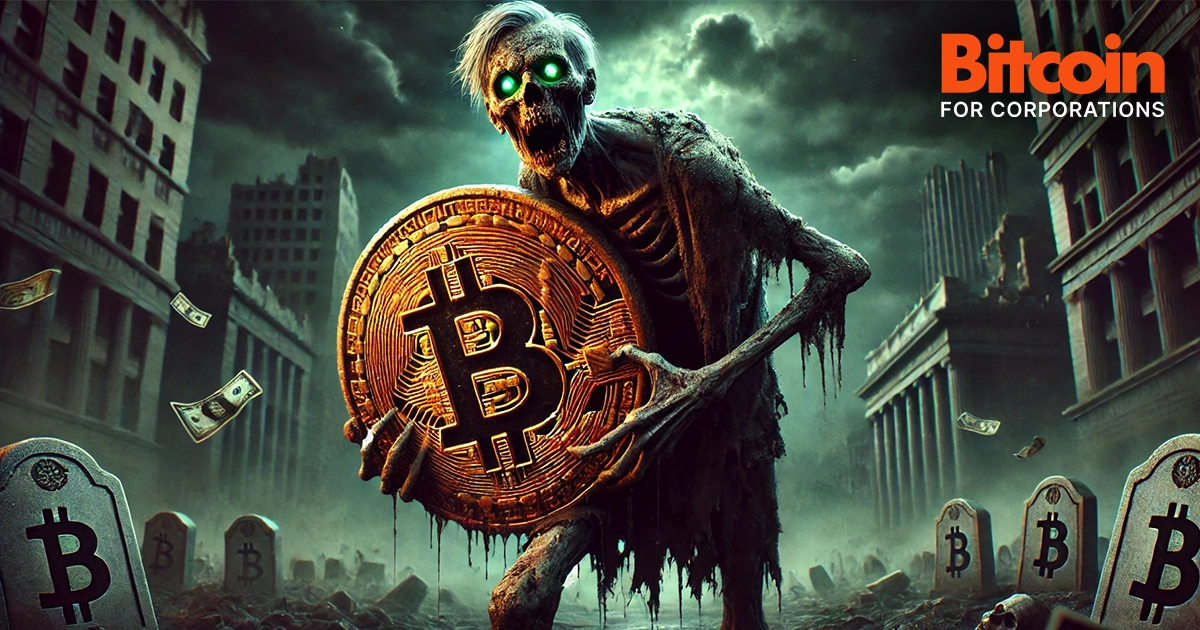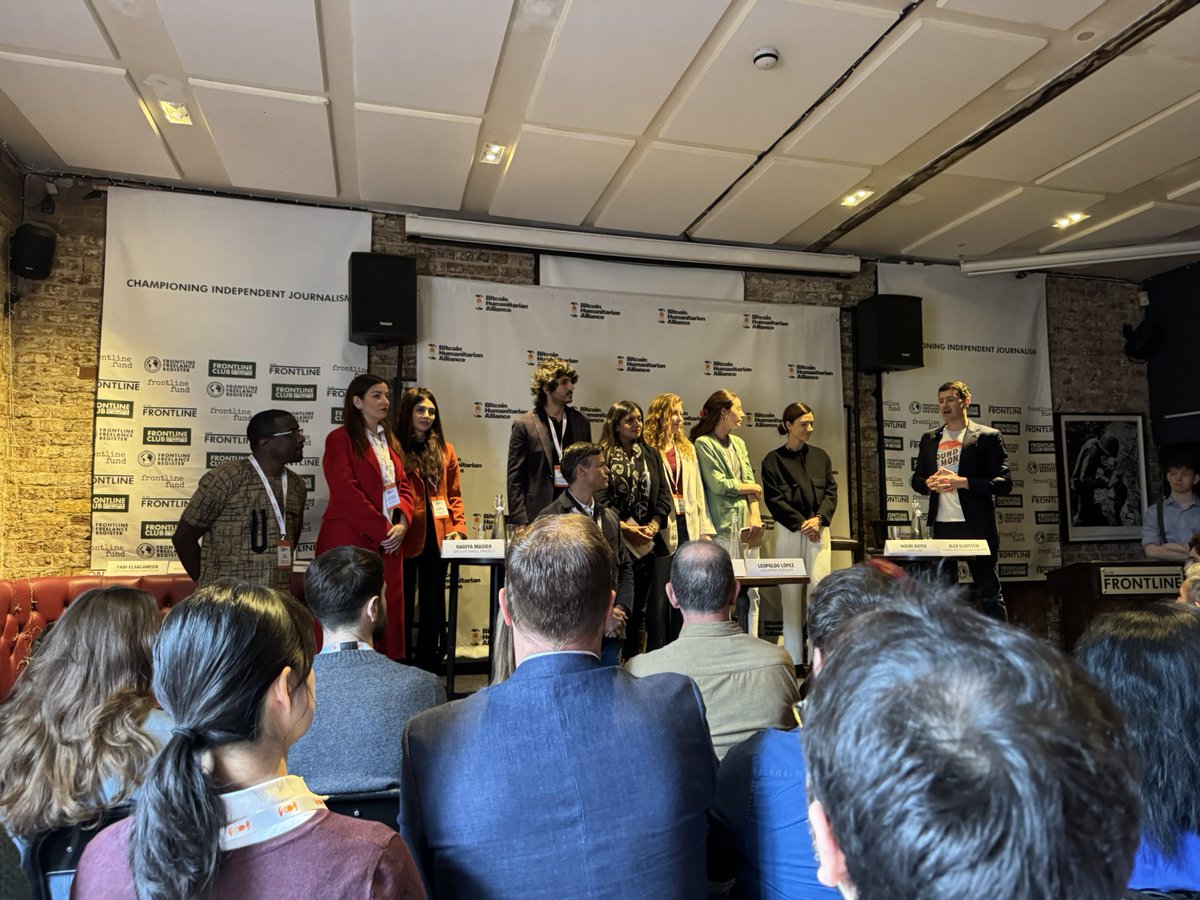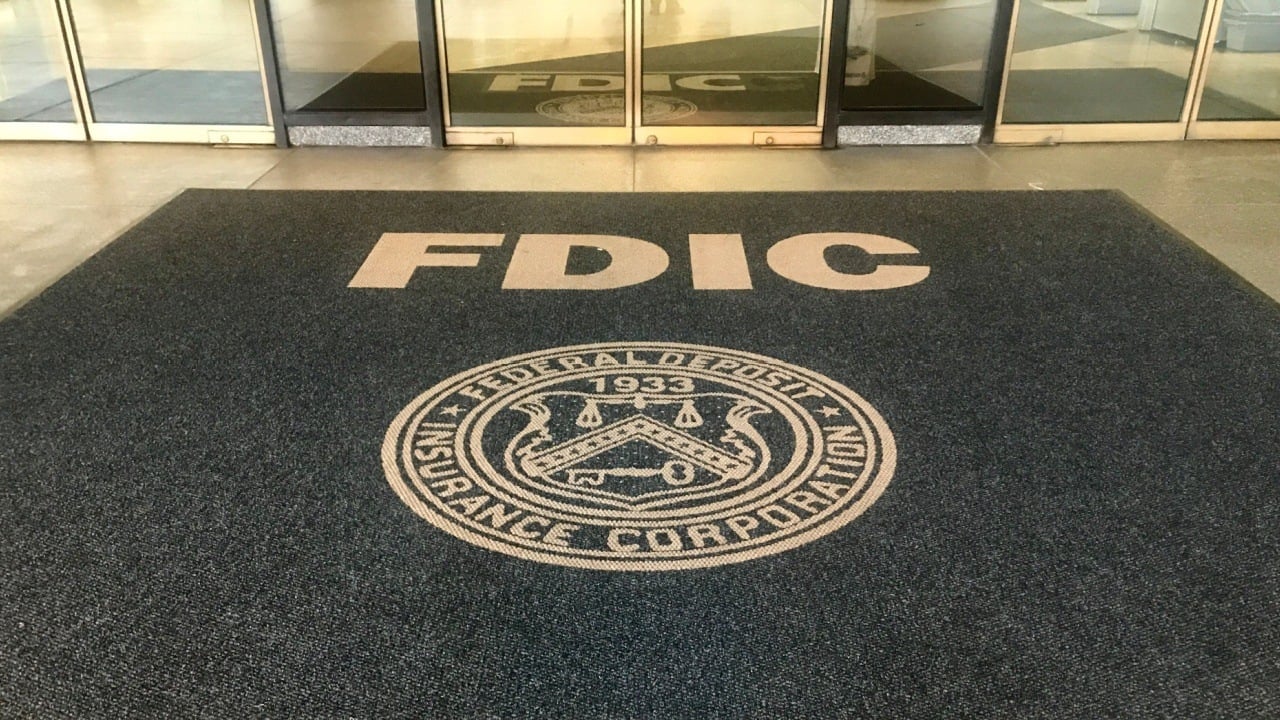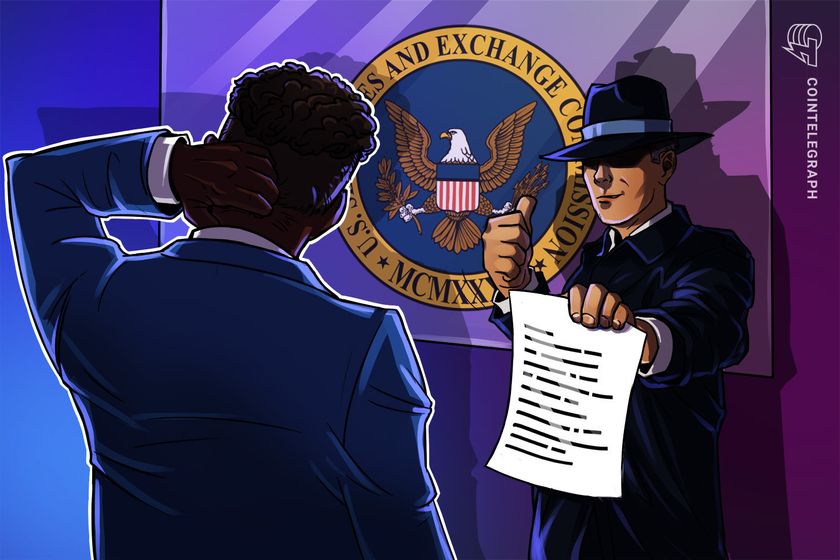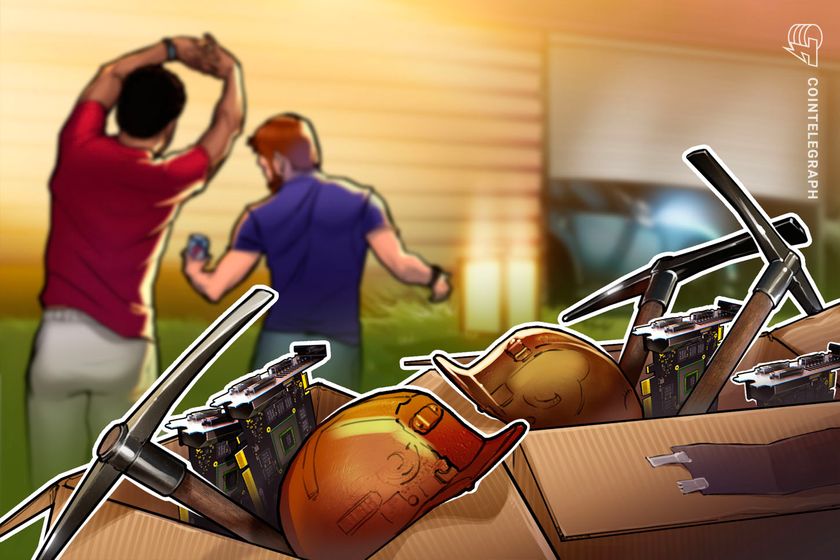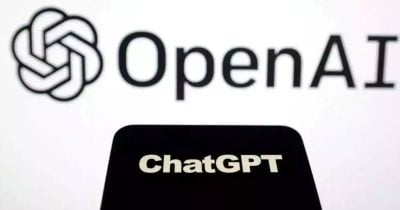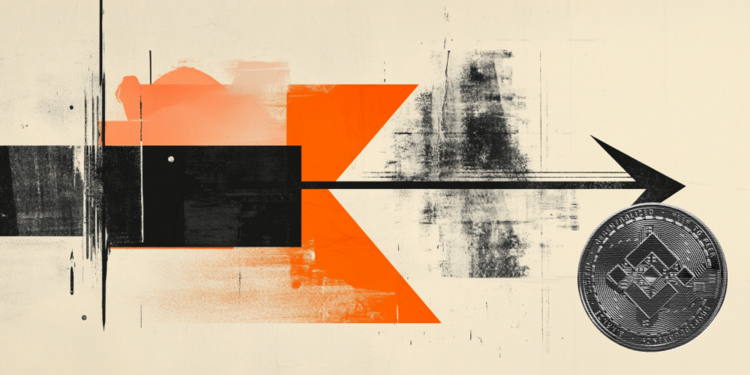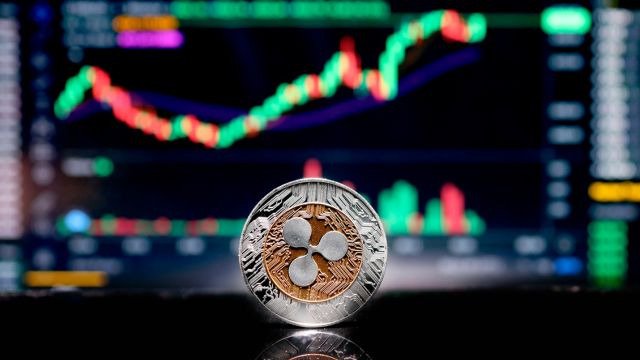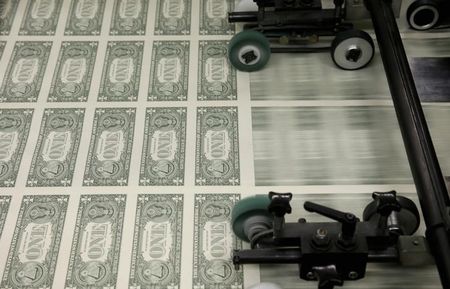The EU Investigations In To US Tech Companies Are Getting Beyond Ridiculous
24/7 Wall St. : EU antitrust investigations targeting Alphabet (NASDAQ: GOOGL) and Apple (NASDAQ: AAPL) may result in forced divestitures, including a potential spinout of Chrome from Google. Structural breakups of large tech firms, like splitting Apple’s hardware and software divisions, are seen as feasible and not necessarily value-destructive. Historical precedent, such as AT&T’s […] The post The EU Investigations In To US Tech Companies Are Getting Beyond Ridiculous appeared first on 24/7 Wall St..
24/7 Wall St. Key Points:
- EU antitrust investigations targeting Alphabet (NASDAQ: GOOGL) and Apple (NASDAQ: AAPL) may result in forced divestitures, including a potential spinout of Chrome from Google.
- Structural breakups of large tech firms, like splitting Apple’s hardware and software divisions, are seen as feasible and not necessarily value-destructive.
- Historical precedent, such as AT&T’s (NYSE: T) breakup, suggests investors may benefit more by holding spun-off entities over time.
- If you want to see the future of tech investments, look no further than The Next Nvidia stocks. The recent pullback may give you the best chance you’ll get to pick up shares at a discount. See the stocks here.
Watch the Video
Transcript:
[00:00:04] Doug McIntyre: Lee. We’re now over a year into, US and EU investigations into what I’ll call big tech monopolies. So each big tech company has a different monopoly. If you talk to people who are anti monopolists, so sort of give me a rundown. Where does each of these things stand?
[00:00:25] Lee Jackson: Well, they, like you said, they’ve been ongoing forever, but it’s still, these are big antitrust suits by the EU against Google.
[00:00:33] Lee Jackson: And against Apple and against really, they’re, they’re really against all of them at some juncture in, in some different stroke. And again, like, like we’ve discussed, many feel that, that Google’s gonna have to sell Chrome to tap the brakes on some of this. And the EU, they’ve done this to every big American tech company and it, it doesn’t, it seems unfair that they constantly pick on ’em, but hey, they’re big tech and, they’ve done a lot of things they deserve to be picked on.
[00:01:04] Doug McIntyre: Well, I can see them if they want to go after Apple, taking the hardware and software parts of that company. And in essence, splitting them. you remember in the nineties, Microsoft was almost broken up by the, it was real close. They offered some concessions and held the thing together, but.
[00:01:23] Doug McIntyre: You can see the possibility of Apple being broken in half. Google, I think you’re right. It’s sort of like the ad business, which is search plus YouTube. Some of the balance of that Chrome is their next most valuable asset after that.
[00:01:39] Lee Jackson: Yeah, it is.
[00:01:39] Doug McIntyre: Android is valuable, although it’s basically given away for free.
[00:01:44] Doug McIntyre: Right. But when it’s given away for free, very often some of their products are embedded in that freeness. Now people should keep something in mind. Just because the company’s broken up doesn’t mean it’s worth less. they’re in the, history of public companies, sometimes breaking them into pieces.
[00:02:05] Doug McIntyre: If you hold onto each piece, you make more money than you would’ve when the company was a single entity. Right. I mean, I think when at and t was broken up, if there were seven baby bells and then AT&T Labs. Right. And if you had each of them for two years, I think you would’ve, you made significantly more than what the chart looked like if it had been one.
[00:02:28] Lee Jackson: Oh, absolutely. Absolutely. And they were all solid companies because, at least half of them were in very good parts of parts of the country, like Southwestern Bell and Bell Atlantic, and, so yeah, I think, I think if they do split this stuff up and it’s spun off to shareholders, I think they’d be well advised to hang onto it.
[00:02:49] Doug McIntyre: Well, let’s think about Google for a second, or Alphabet. If they spin out Chrome. It doesn’t mean that Chrome is any worse a business. It’s not like the market share is gonna, I mean, it’s now owned and run by somebody else.
[00:03:02] Doug McIntyre: Yeah, it’s owned by us as shareholders and run, but Chrome still has that massive market share in the browser market.
[00:03:11] Doug McIntyre: And it’s not as if after you spin it out, that’s gonna go away.
[00:03:14] Lee Jackson: Right, exactly.
[00:03:15] Doug McIntyre: Exactly. These, because they’re not necessarily badly damaged when they’re broken up.
[00:03:21] Lee Jackson: No, no, they’re not going to be. But I think your advice to those looking and, and pairing that with the at and t split up, which seems like a million years ago, but if you get component parts from a stock you used to own, I think it makes sense to hang on.
The post The EU Investigations In To US Tech Companies Are Getting Beyond Ridiculous appeared first on 24/7 Wall St..



















